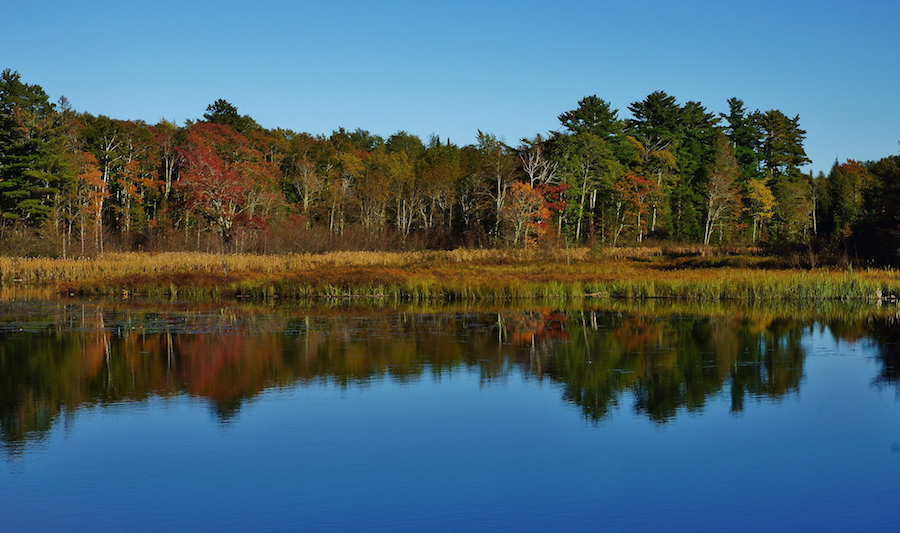Wisconsin to lift sulphide mining ban

Photo of a pond off Lake Superior in northern Wisconsin by chumlee10 via Flickr Creative Commons license.
In six months sulphide miners in Wisconsin could be back in business.
Gov. Scott Walker is poised to sign a bill Monday in Rhinelander, WI, that would lift the state’s moratorium on gold, silver, copper and zinc mining. It would not go into effect for six months.
The governor has faced pressure by his Republican counterparts to lift the moratorium, imposed 20 years ago, on sulphide mining. The legislation, then supported by Walker, targeted sulphide minerals such as zinc, gold, copper and silver, which have the potential to create acid rock drainage and pollute ground and surface water.
CBS Minnesota reports a spokesman for Walker saying that Walker now believes mining can be done without harming the environment.
However the bill is sure to start a fight between environmental interests who say that sulphide deposits when disturbed will leach into the water, and pro-mining supporters who argue that mining laws in Wisconsin are too restrictive.
The last sulphide mine to operate in Wisconsin, the Flambeau mine, closed and was reclaimed in 1999. According to the Journal Sentinel, one of the bill’s author’s, Sen. Tom Tiffany (R-Hazelhurst) notes the mine complied with federal clean water laws when it closed, but environmentalists points to copper and zinc pollution in a small stream as evidence the mine is a source of pollution.
The debate is as much about jobs as it is about clean water. GOP lawmakers say that re-starting sulphide mining would jump-start the economy in rural, sparsely populated northern Wisconsin.
Associated Press hinted that opening the state to sulphide mining could result in lawsuits. In Utah for example in 2008 the U.S. Department of the Interior, Fish and Wildlife Service sued Kennecott Utah Copper Corporation over alleged release of metals that injured birds and wetlands. In British Columbia, government officials in 2014 imposed a drinking water ban and closed a fishery after a tailings dam at copper-gold mine failed, stated AP, adding that at least 11 states are home to active sulphide mines.
{{ commodity.name }}
{{ post.title }}
{{ post.date }}




Comments